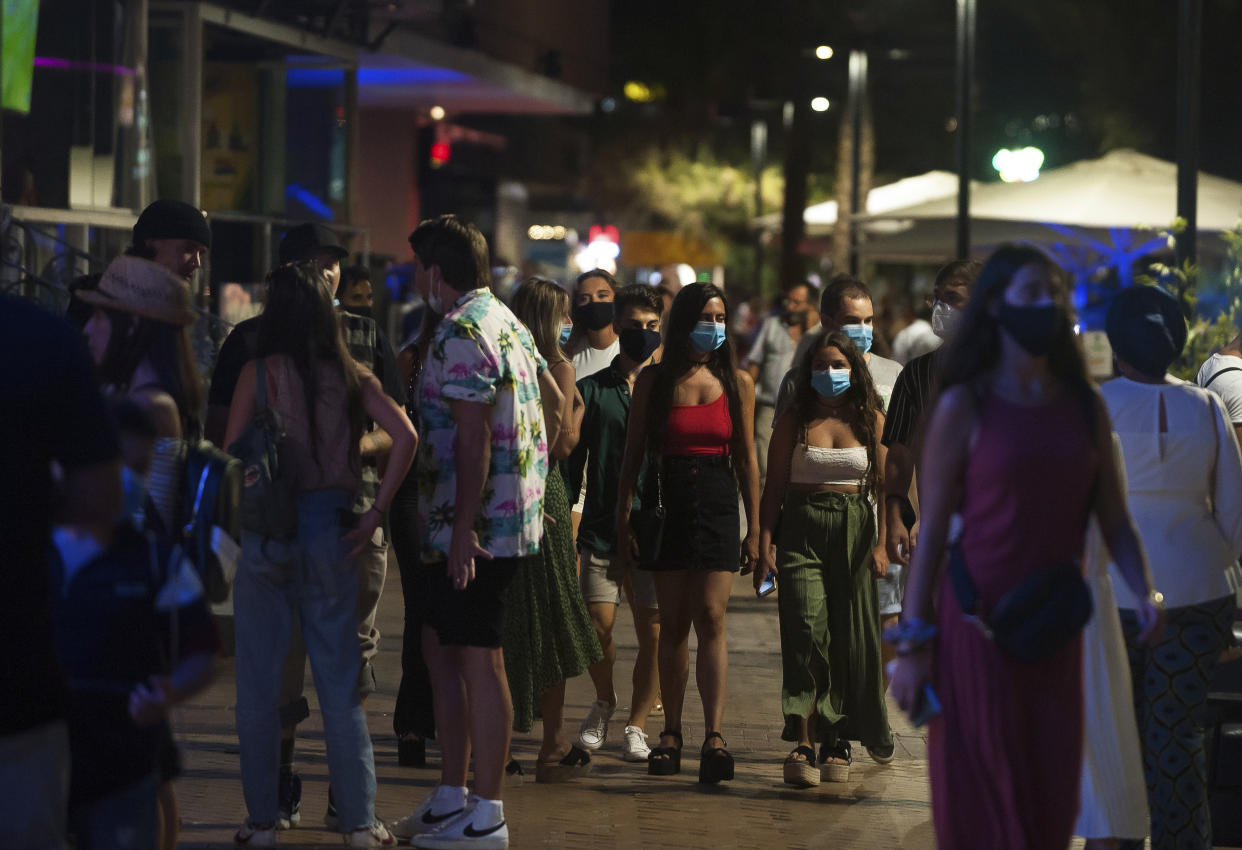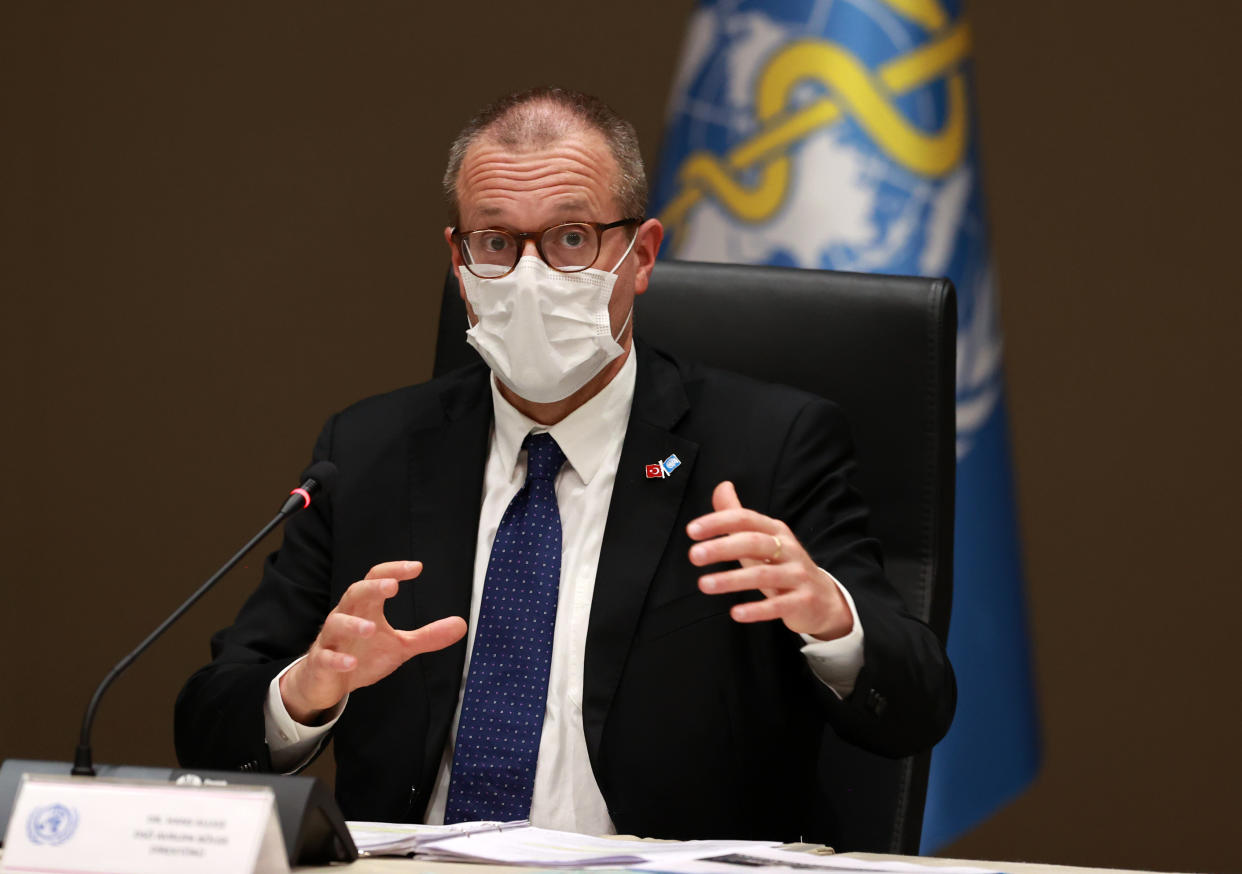WHO warns young people flouting lockdown rules could lead to spike in deaths of elderly this winter

As the winter months get nearer, a stark warning about a possible increase in coronavirus deaths has been issued by the World Health Organization (WHO).
During a briefing on Thursday morning, WHO’s European regional director Hans Kluge warned that as youngsters stay in more during the colder months they may be more likely to spread coronavirus, especially if they visit multiple households.
Kluge said there was growing evidence that young people were infecting people at social gatherings and said that this could result in increase hospitalisations and deaths.
He said: "The younger people are not necessarily going to die from it but it's a tornado with a long tail…
“At one stage, younger people particularly with the winter coming, will be in closer contact with the elder population.”

Kluge warned that “no one is invincible” and called on nations to make sure they have an effective test and trace programme in place.
Despite his warning, Kluge added that countries knew enough about COVID-19 for it to be manageable – meaning schools would not have to close if community cases were to rise.
In France, grandparents are being told not to pick up their grandchildren from school in case of infection, pushing up hospital numbers in the process.
It comes as the ‘R’ number – the rate of infection – in the country rose to 1.4, a sign that the pandemic is growing.
Health leaders have previously warned of a second wave of coronavirus in the UK in winter, and urged the government to prepare for a spike in cases.
In an open letter to all UK political parties in June, health leaders said a second wave is “a real risk” and said “substantial challenges remain” when it comes to putting necessary measures in place to prepare.
In June, both the government's chief scientific adviser, Sir Patrick Vallance, and the chief medical officer for England, Professor Chris Whitty, have also stressed the easing of lockdown was not a "risk-free" move.
Whitty said it was "absolutely critical" that people continued to observe social distancing, and warned that coronavirus was likely to be present in the UK until at least the spring of 2021.
He warned that if people returned to their normal patterns of behaviour "we will get an uptick for sure”.
Vallance added: "The disease is growing across the world. It is coming down in the UK but it hasn't gone away.”

Scientists have also previously warned a second coronavirus outbreak in the winter could be even worse than the first peak and cause up to 120,000 deaths in a worst-case scenario.
A report by the Academy of Medical Sciences states the ”reasonable worst-case scenario” to prepare for is a reproduction rate of 1.7 from September.
Thirty-seven scientists modelled a scenario forecasting a second peak of hospital admissions and deaths in January or February next year, with a possible 119,900 deaths between September and June.
Coronavirus: what happened today
Click here to sign up to the latest news and information with our daily Catch-up newsletter



